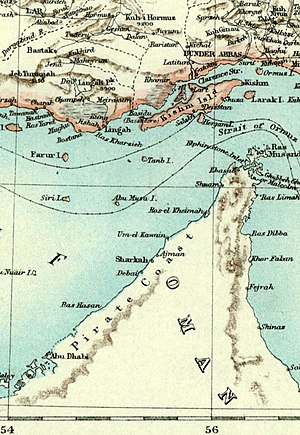On Monday, The Blaze reported that The USS Mason, a U.S. destroyer, was fired on from Houthi-controlled areas in Yemen after responding to a distress call from a commercial vessel.
The article reports:
The USS Mason – which is an Arleigh-Burke class destroyer that is part of the Eisenhower Carrier Strike Group – responded to a distress call from a commercial vessel. The tanker – M/V Central Park – was 35 miles south of Yemen’s coast in the Gulf of Aden, according to the British military’s United Kingdom Maritime Trade Operations.
The M/V Central Park sails under the Liberian flag and is managed by Zodiac Maritime, according to the Associated Press.
Zodiac Maritime said the tanker was carrying phosphoric acid. The crew of 22 sailors hail from Bulgaria, Georgia, India, the Philippines, Russia, Turkey, and Vietnam.
The M/V Central Park was under attack by unknown armed forces. Gunmen successfully boarded the commercial ship.
Once the USS Mason arrived, five gunmen debarked the ship and attempted to escape on a small boat. However, the USS Mason was able to track down the armed pirates and detain them. The crew of the commercial vessel were unharmed.
On Sunday, “two ballistic missiles were fired from Houthi-controlled areas in Yemen toward the general location of the USS Mason and M/V Central Park,” the U.S. military’s Central Command said in a statement.
CENTCOM said the ballistic missiles landed in the Gulf of Aden approximately ten nautical miles from the USS Mason and M/V Central Park.
The article notes:
“The Yemeni government has renewed its denunciation of the acts of maritime piracy carried out by the terrorist Houthi militias with the support of the Iranian regime, the most recent of which was the hijacking of the Central Park,” the statement read.
“Maritime domain security is essential to regional stability,” said Gen. Michael Erik Kurilla – United States CENTCOM commander. “We will continue to work with allies and partners to ensure the safety and security of international shipping lanes.”
Zodiac Maritime said, “We would like to thank the coalition forces who responded quickly, protecting assets in the area and upholding international maritime law.”
According to Aljazeera in 2019, around one-sixth of the world’s oil moves through the strait – 17.2 million barrels per day. Pirate activity anywhere in that area could create a major problem for industrial nations.



